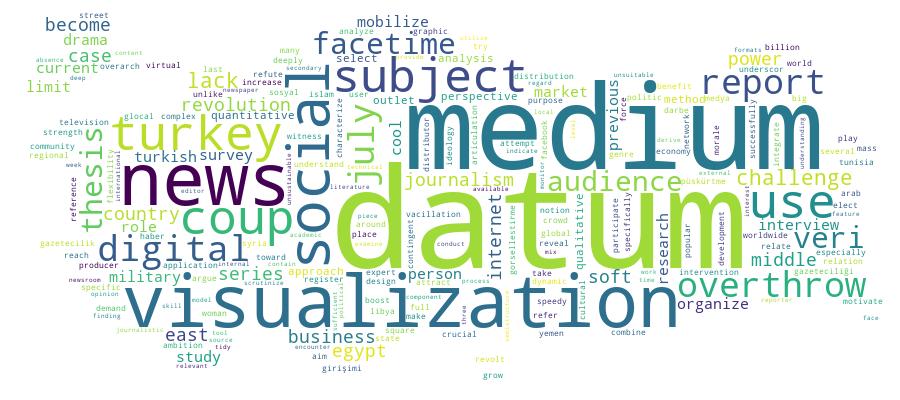Alankuş, Sevda
Loading...

Profile URL
Name Variants
Alankuş, Sevda
S.,Alankuş
S. Alankuş
Sevda, Alankuş
Alankus, Sevda
S.,Alankus
S. Alankus
Sevda, Alankus
S.,Alankuş
S. Alankuş
Sevda, Alankuş
Alankus, Sevda
S.,Alankus
S. Alankus
Sevda, Alankus
Job Title
Prof. Dr.
Email Address
Main Affiliation
New Media
Status
Former Staff
Website
ORCID ID
Scopus Author ID
Turkish CoHE Profile ID
Google Scholar ID
WoS Researcher ID
Sustainable Development Goals
SDG data is not available

This researcher does not have a Scopus ID.

This researcher does not have a WoS ID.

Scholarly Output
3
Articles
1
Views / Downloads
50/538
Supervised MSc Theses
2
Supervised PhD Theses
0
WoS Citation Count
21
Scopus Citation Count
27
WoS h-index
1
Scopus h-index
1
Patents
0
Projects
0
WoS Citations per Publication
7.00
Scopus Citations per Publication
9.00
Open Access Source
2
Supervised Theses
2
Google Analytics Visitor Traffic
Journals data is not available
Competency Cloud


